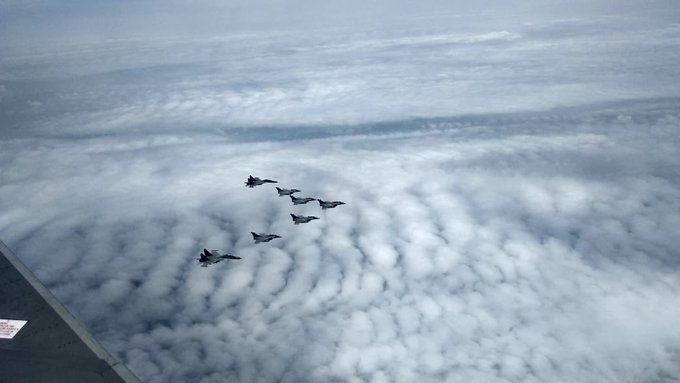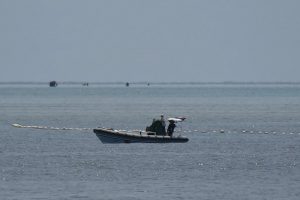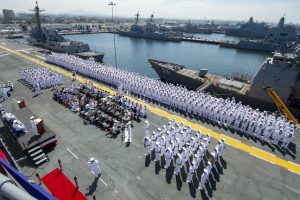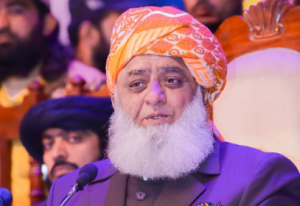Would the Rafale fighter jets that have joined the Indian Air Force fleet today, have changed the dynamics of the dogfight between India and Pakistan after India carried out multiple strikes at a Jaish terror training camp in Pakistan’s Balakot? It sure would have, say experts, adding that the Pakistan Air Force would not even have ‘considered’ a response.
“Rafale would have made a major difference on the events of the next day. If the Rafale, with its AESA radar and ‘Meteor’ BVR missiles had been deployed, it is most likely that the PAF would not even have considered responding the way they did. To that extent the Rafale would have effectively deterred the PAF into non-action,” said Air Marshal M Matheswaran AVSM VM PhD (Retd), former Deputy Chief of Integrated Defence Staff.
The 4.5 generation aircraft with excellent manoeuvrability and high performance, AESA radar, very advanced sensors and electronics including data-links, most advanced BVR – Meteor and precision weapons including SCALP cruise missile is a game-changer, Air Marshal Matheswaran said.
“If Rafales were available with India during the Balakot strike, Pakistan would probably not have dared to launch a retaliatory strike the next day, said a senior former IAF officer, who did not want to be named.
“Pakistan would have lost a large number of their fighters in the retaliatory strike,” he added.
On February 26, last year, India carried out a daring airstrike at Jaish-e-Mohammed terror training camp in Balakot in retaliation to the killing of 40 soldiers in suicide attack by a Jaish terrorist in Jammu and Kashmir’s Pulwama on February 14.
The next day, Pakistan Air Force retaliated using F-16 jets that the US had given to Islamabad. During the aerial engagement, Wing Commander Abhinandan Varthaman shot down a Pakistani F-16 fighter jet during an aerial engagement near the Line of Control. He, however, was captured by Pakistani forces after his MiG-21 Bison was hit by another Pakistani F-16 jet. After nearly 60 hours in Pakistan’s custody, Islamabad had to release the pilot under international pressure.
The Rafale jets built by Dassault Aviation are India’s first major acquisition of fighter planes in over two decades, and they are expected to significantly boost the Indian Air Force’s combat capabilities. India had inked a Rs 59,000-crore deal on September 23, 2016 to procure 36 Rafale jets from the French aerospace major.
The first batch of five jets took off from the Merignac airbase in French port city of Bordeaux on Monday, and landed in Ambala, around 200 km from New Delhi, on Wednesday afternoon after covering a distance of nearly 7,000 km.
Delivery of the Rafale jets officially began in October but the planes stayed in France for training of the pilots and mechanics. Delivery should be complete by 2022.







